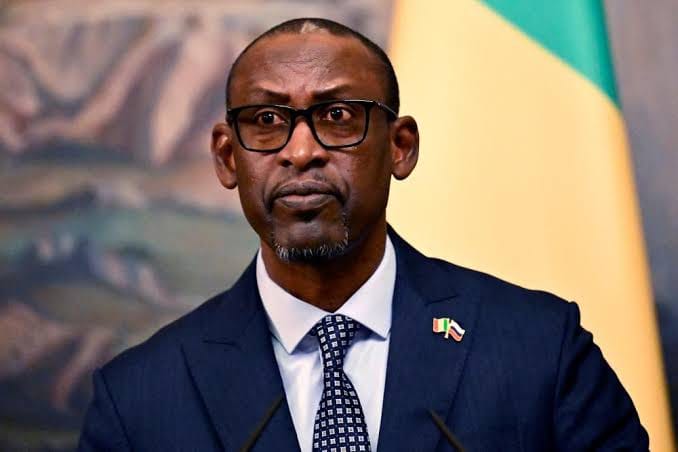Mali urges immediate termination of mission, citing security challenges

Mali’s Foreign Minister, Abdoulaye Diop, called on Friday for the United Nations Security Council to withdraw the peacekeeping mission in his country “without delay.” Diop denounced the mission’s perceived failure in effectively addressing the security challenges faced by Mali.
In recent months, Mali’s military rulers have increasingly imposed operational restrictions on peacekeepers and severed the country’s longstanding alliance with its former colonial power, France.

“The government of Mali calls for the withdrawal without delay of Minusma,” stated Foreign Minister Diop, referring to the United Nations Multidimensional Integrated Stabilization Mission in Mali. He also expressed the government’s willingness to cooperate with the United Nations on this matter while rejecting proposals to modify the mission’s mandate, as suggested by the UN Secretary-General.
Diop criticized Minusma, claiming that it had become part of the problem by exacerbating community tensions. He referred to a damning report issued by the UN High Commissioner for Human Rights, which detailed allegations of misconduct by Malian government troops and foreign allies during an anti-jihadist operation in Moura in March 2022. According to Diop, such allegations undermine peace, reconciliation, and national cohesion in Mali, fostering distrust among the population towards Minusma.
UN Secretary-General Antonio Guterres had previously presented three options to amend the mission, ranging from increasing personnel to a complete troop withdrawal. In a report released earlier this week, Guterres recommended an intermediate solution of “reconfiguring” the mission to focus on a limited number of priorities.
Following the Security Council meeting, El Ghassim Wane, the head of Minusma, addressed reporters, emphasizing that conducting UN peacekeeping operations without the consent of the host country was nearly impossible. He stated that it was the council’s decision to make, but underscored the principle that peacekeeping relies on the consent of the host country.
The Security Council meeting highlighted the divisions among its members regarding the future of the UN peacekeeping mission in Mali. Established in 2013 to stabilize the country in the face of jihadist threats, Minusma remains an important issue for Mali and the stability of the entire region, as emphasized by several countries, including France, the United States, and Britain.
However, Russian Ambassador Vassili Nebenzia insisted that any proposals regarding the mission should align with the host country’s opinion. Nebenzia emphasized that the issue lay not in the number of peacekeepers but in their functions, noting that combating terrorism was not within the mandate of the Blue Helmets but a critical task for the Malian government.
Since 2012, Mali has been grappling with a security crisis stemming from jihadist and separatist insurgencies in the north. Since August 2020, the country has been under military rule, which has distanced itself from its long-standing alliance with Western partners and turned to Russia for political and military assistance.
Similar to Mali’s position, Russia also criticized the UN High Commissioner for Human Rights’ report on the anti-jihadist operation in Moura in 2022, regarding it as openly biased. The report accused the Malian army and “foreign” fighters of executing at least 500 individuals. While the report did not explicitly name the foreign fighters, many Western officials implicated the private Russian security company Wagner.
Deputy British Ambassador James Kariuki emphasized that the decision on partners ultimately rested with the Malian transitional authorities. However, he expressed skepticism about the Wagner Group, stating that it was not the solution, whether operating autonomously or under direct control from Moscow, not only in Mali but anywhere else.














